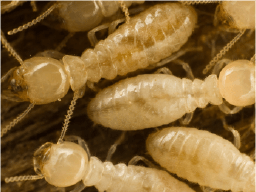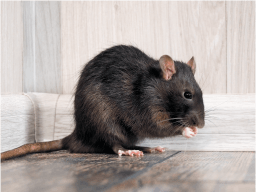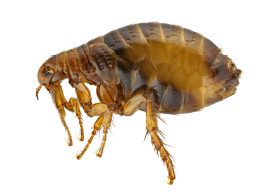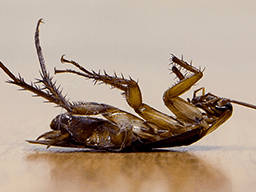Where Do Raccoons Live?
Need to get rid of raccoons? Read on to learn the answers to all of your important questions. Need help? Call our professionals today to get started.
Schedule Today!Raccoon Habitat
Raccoons, or common raccoons, are medium-sized mammals that are endemic to North America. Originally, raccoons lived in forests that consisted primarily of deciduous trees, but also inhabited some regions where deciduous trees were mixed with conifers. As they are tremendously adaptable, raccoons have greatly widened their habitat to include mountainous areas, coastal marshes and urban and suburban areas. Additionally, raccoons made their way to other parts of the globe and can now be found across mainland Europe, parts of Asia and Japan.
Who Do Raccoons Live With?
Raccoons are nocturnal mammals that were once thought to be solitary, but are now believed to commune with other raccoons of the same-sex. Female raccoons are sometimes found sharing a common area with female raccoons to whom they are related. Male raccoons, on the other hand, often live together in groups of four, unrelated individuals.
Where Do Raccoons Live During The Day?
When raccoons are threatened, they climb vertically up structures to get away from their perceived threat. Raccoons thus stick to areas with trees they can easily climb and sleep in tree hollows in oak trees or crevices within rock formations. They will also choose variations on these hollows or crevices to winter in or, for females, to have their litters. If a raccoon cannot find an adequate hollow or rock crevice, they will seek out a burrow made by another animal to take up residence, or in some cases, find shelter in dense undergrowth or the crotches of trees. A little over half the time, a raccoon will only sleep in the same place once. However, if they find a place they especially like, they may stay there for several days at a time.
Because raccoons are nocturnal, you aren’t very likely to spot one during the day. If you notice a raccoon in the daylight and it is lethargic or seems to not know quite where it is, keep your distance and call wildlife control. Occasionally, a female raccoon that has been up all night tending to her new babies may venture out for food during the day. She will be on high alert and not look like a sickly raccoon, but you should still maintain your distance at all times.
Signs of raccoons on your property include regular raccoon sightings around your home or property, damage to your trash cans or other outside items such as pet food or bird seed, and nighttime noises such as scratching, rustling or whimpering. You may even notice a pungent smell that is new or unfamiliar, or find an opening or entrance to a burrow or to your home that is marked with staining or fur. The presence of any of these signs necessitates a call to a wildlife control or removal service. Raccoon removal can be dangerous and difficult, and trapping or killing raccoons often requires licensing or a permit. Call a qualified wildlife control specialist who can transport your raccoons safely and humanely to an area better suited to both the health and protection of the raccoon.
Find A Pest Specialist For Raccoon Control
If you are concerned about raccoon control for your home, please give us a call or fill out the form on this page. PestControlExperts.com is a team of experts who are highly qualified to provide the best recommendations for you and your home, no matter which part of the United States you live in.
Call 855-891-5410














